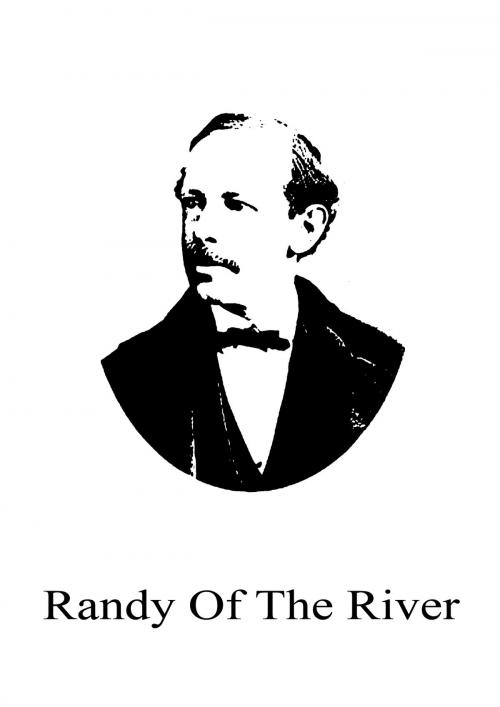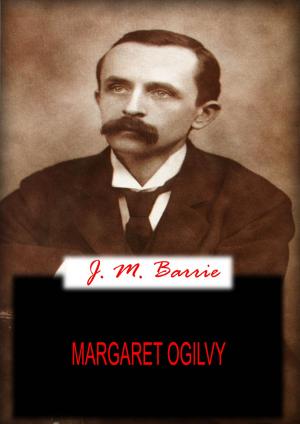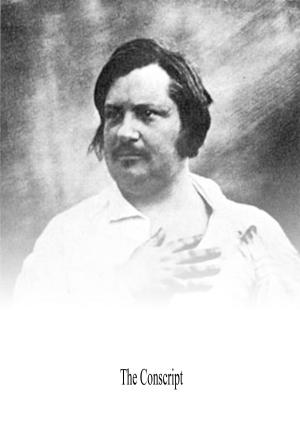| Author: | Horatio Alger | ISBN: | 1230000031716 |
| Publisher: | Zhingoora Books | Publication: | November 19, 2012 |
| Imprint: | Language: | English |
| Author: | Horatio Alger |
| ISBN: | 1230000031716 |
| Publisher: | Zhingoora Books |
| Publication: | November 19, 2012 |
| Imprint: | |
| Language: | English |
Horatio Alger, Jr. (January 13, 1832 – July 18, 1899) was a prolific 19th-century American author, best known for his many formulaic juvenile novels about impoverished boys and their rise from humble backgrounds to lives of middle-class security and comfort through hard work, determination, courage, and honesty. His writings were characterized by the "rags-to-riches" narrative, which had a formative effect on America during the Gilded Age. Alger's name is often invoked incorrectly as though he himself rose from rags to riches, but that arc applied to his characters, not to the author. Essentially, all of Alger's novels are the same: a young boy struggles through hard work to escape poverty. Critics, however, are quick to point out that it is not the hard work itself that rescues the boy from his fate, but rather some extraordinary act of bravery or honesty, which brings him into contact with a wealthy elder gentleman, who takes the boy in as a ward. The boy might return a large sum of money that was lost or rescue someone from an overturned carriage, bringing the boy--and his plight--to the attention of some wealthy individual. It has been suggested that this reflects Alger's own patronizing attitude to the boys he tried to help.
-wikipedia
Horatio Alger, Jr. (January 13, 1832 – July 18, 1899) was a prolific 19th-century American author, best known for his many formulaic juvenile novels about impoverished boys and their rise from humble backgrounds to lives of middle-class security and comfort through hard work, determination, courage, and honesty. His writings were characterized by the "rags-to-riches" narrative, which had a formative effect on America during the Gilded Age. Alger's name is often invoked incorrectly as though he himself rose from rags to riches, but that arc applied to his characters, not to the author. Essentially, all of Alger's novels are the same: a young boy struggles through hard work to escape poverty. Critics, however, are quick to point out that it is not the hard work itself that rescues the boy from his fate, but rather some extraordinary act of bravery or honesty, which brings him into contact with a wealthy elder gentleman, who takes the boy in as a ward. The boy might return a large sum of money that was lost or rescue someone from an overturned carriage, bringing the boy--and his plight--to the attention of some wealthy individual. It has been suggested that this reflects Alger's own patronizing attitude to the boys he tried to help.
-wikipedia


![Cover of the book Pickwick Papers [Christmas Summary Classics] by Horatio Alger](https://www.kuoky.com/images/2012/december/300x300/1230000036568-Yk3l_300x.jpg)


![Cover of the book History of Rome [Christmas Summary Classics] by Horatio Alger](https://www.kuoky.com/images/2012/december/300x300/1230000034820-trBj_300x.jpg)



![Cover of the book The Love Affairs of Mary Queen of Scots [Christmas Summary Classics] by Horatio Alger](https://www.kuoky.com/images/2012/november/300x300/1230000034629-u05E_300x.jpg)


![Cover of the book Samuel Brohl & Co. [Christmas Summary Classics] by Horatio Alger](https://www.kuoky.com/images/2012/december/300x300/1230000036579-Sqkb_300x.jpg)


